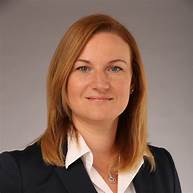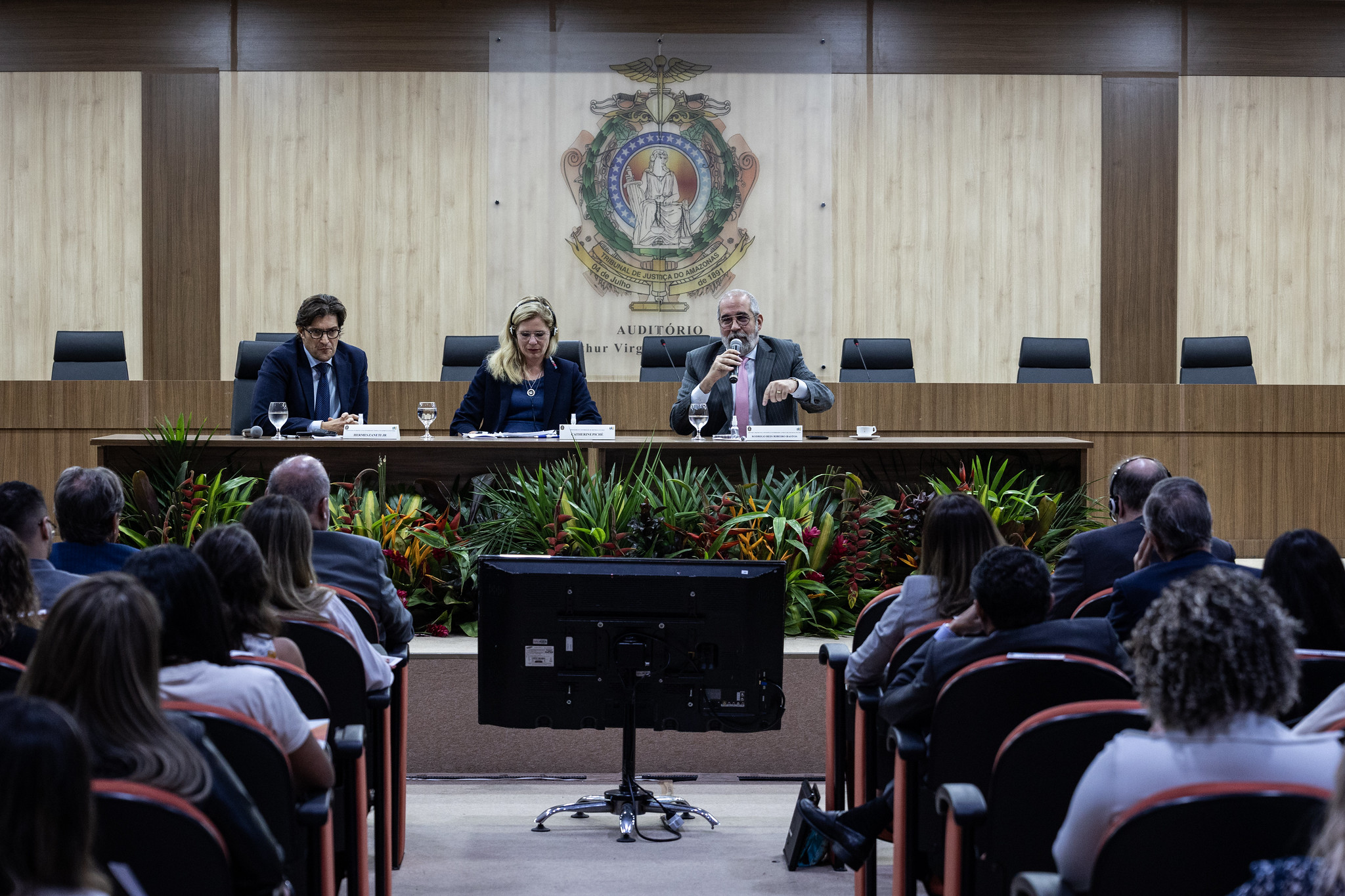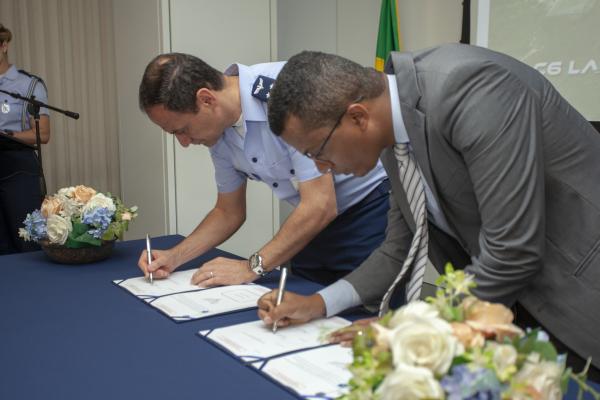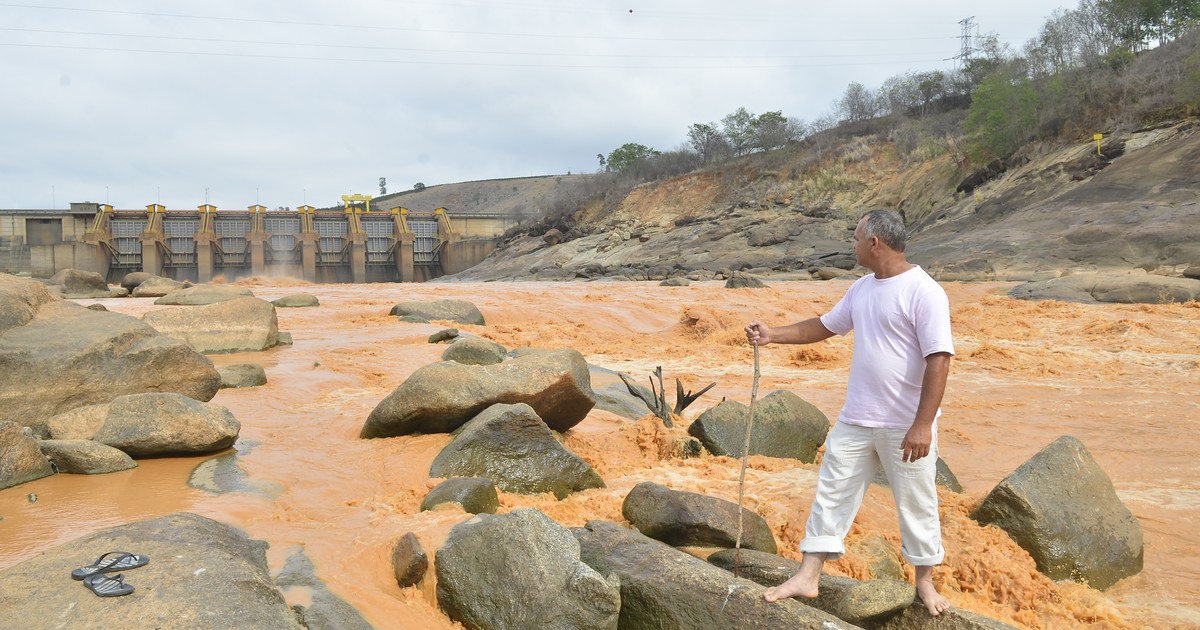The program for the second day of the 1st International Congress on New Trends in Civil Procedure Law took place last Tuesday (20), in the auditorium of the Centro Administrativo Desembargador José Jesus Ferreira Lopes, attached to the seat of the Court of Justice of the Landing Craft Arnoldo Peres.
The morning program brought together three foreign lawyers and six national lawyers in three panels. The first panel dealt with “Multiport Justice: conciliation, mediation and other conflict resolution mechanisms integrated into the judicial system” and had the participation of a professor from the University of Turin (Italy), Elena D’Alessandro; the professor of the University of São Paulo, Flávio Luiz Yarshell; and university professor, Carolina Nobre Castello Branco.
By videoconference, Elena D’Alessandro presented the Italian experience regarding contemporary methods of conflict resolution. The Italian researcher began her speech by presenting a brief overview of the scenario in different countries on modern methods of conflict resolution, such as the United States, United Kingdom, Brazil, Canada and focusing on the Italian experience in his explanation.
The second to speak was Professor Carolina Castello Branco, who reflected on a second path to justice, based on an article written by the professor herself and published in 2019. For the researcher, technical and procedural measures are no longer sufficient to allow the resolution of disputes within a reasonable time, which, in fact, concretizes access to justice, reinforcing the idea that methods such as self-composition, conciliation and mediation.
Professor Flávio Yarshell, third to speak in the panel, walked in the same direction as the professors who preceded him. In his speech, Yarshell pointed out that the requirements of Brazilian law have particularities compared to international law, in part because most of the cursed requirements are linked to the Brazilian state. The USP professor pointed out that even with the 2015 Code of Civil Procedure, civil procedure is still maturing, especially in cases involving the state.
second panel
The second panel had as its theme “The effectiveness of the collective protection of rights” and was formed by the professor at the University of Montreal (Canada), Catherine Piché; by the professor of the Federal University of Espírito Santo, Hermes Zaneti Jr.; and by the servant of the Court of Justice of Amazonas and doctor of law, Rodrigo Reis.
Professor Catherine Piché opened the debate on this panel by presenting data on the Canadian reality in terms of collective rights, highlighting collective actions as important tools for civil procedure. Piché, pointed out that the Canadian class action system has good conclusions. “It’s not perfect, but it’s a system where there are certainties provided by collective law,” the professor said, referring to the predictability the system promotes for compensation for many people. The researcher also pointed out that it is very interesting to realize that there are global trends in civil procedure.
Then Professor Hermes Zaneti Jr. presented the Brumadinho and Rio Doce cases as the subject of his participation. The two cases of large-scale incidents with repercussions in the national media and which had different judicial processing times.
According to Professor Zaneti, the case of Brumadinho, as the environmental disaster caused by the failure of a tailings dam located in the municipality of the state of Minas Gerais which gave its name to the case became known and which, in about three months, was almost all of the victims compensated under an agreement between the company responsible for the dam and the other parties involved. In the case of Rio Doce, the lawyer recalled that it was not possible to conclude an agreement and that the question remains in dispute in the Brazilian justice.
The third panelist, Doctor of Laws Rodrigo Reis, said he had a somewhat more pessimistic view of the Brazilian legal system. For him, the system was, to some extent, designed to be less agile. Reis points out that there is a duality in this reality that needs to be reflected upon. According to him, the process needs some time to mature so that the magistrates can deal with the case without the pressure to immediately offer a solution, but that, of course, does not make the solution ineffective for the parties.
third panel
Closing the morning program, the third panel presented the theme “Procedural conventions and the role of the magistrate in the negotiation of the trial” and brought together the professor at the University of Coimbra (Portugal), Maria José Capelo; professor at the State University of Rio de Janeiro and public prosecutor, Antonio Cabral; and professor at the University of São Paulo and judge in law; Ferdinand Gajardoni.
Professor Maria José Capelo was the first to speak and presented an overview of procedural cases in the Portuguese legal system. The teacher’s presentation addressed the need for a reform in the mentality of the roles of the actors in the process, from the judges to the parties. In the case of the Portuguese experience, Capelo highlighted what she called dejudiciarization, which consists of removing from judges certain attributions that can be exercised by other agents, such as enforcement agents. The teacher also pointed out that this process of change in the way of thinking the process does not always go at the same speed as social changes require.
Fernando Gajardoni was the second to be introduced to the panel, which brought to the discussion an effort to historicize the development of procedural cases. For the researcher, the first and current phase is the knowledge phase, where the judicial operators and the parties to the process become aware of the application of article 190 of the CPC of 2015; then, we will move on to the phase of great controversies, where the jurisprudence will be drawn from opposing points of view and decisions until reaching the third phase, which will be that of pacification, where the premises and requirements of the procedural case will be defined and the parties can safely use these instruments.
After the discussions, the program was interrupted for lunch to resume at 2 p.m. (Manaus time) with 4 other panels.

“Typical zombieaholic. General twitter fanatic. Food fanatic. Gamer. Unapologetic analyst.”






